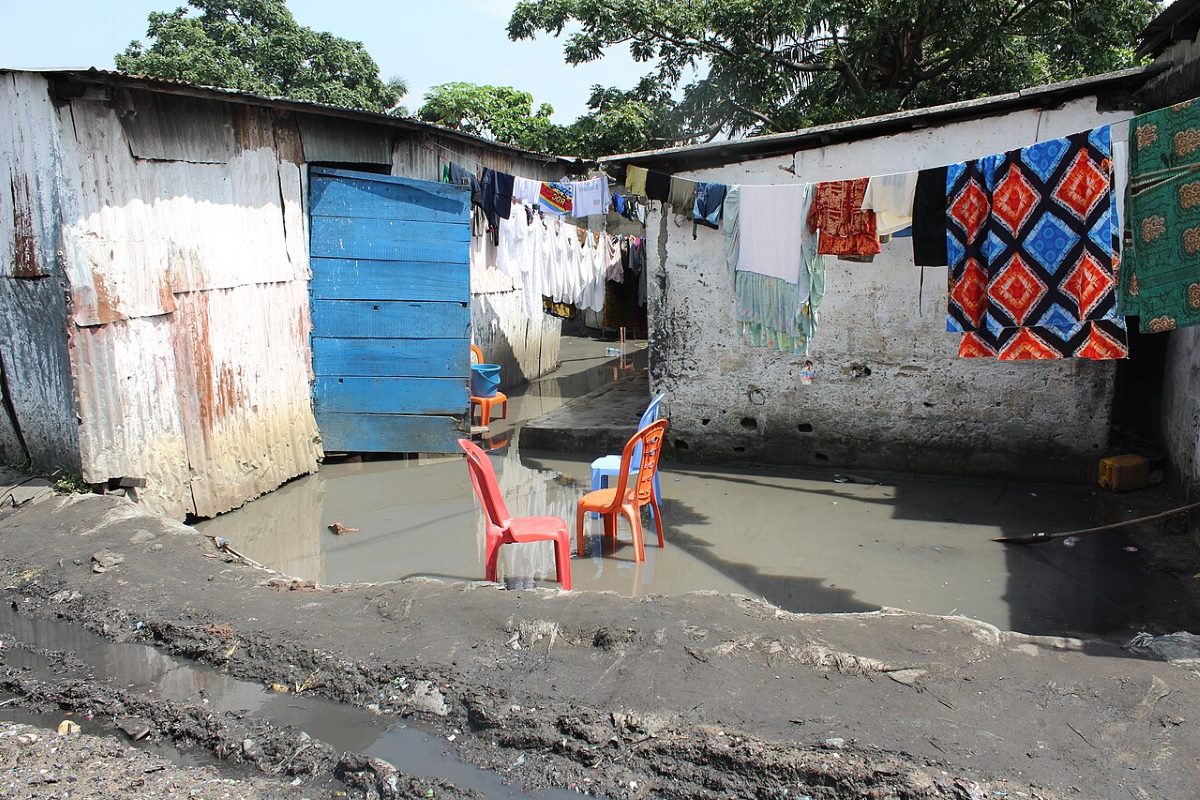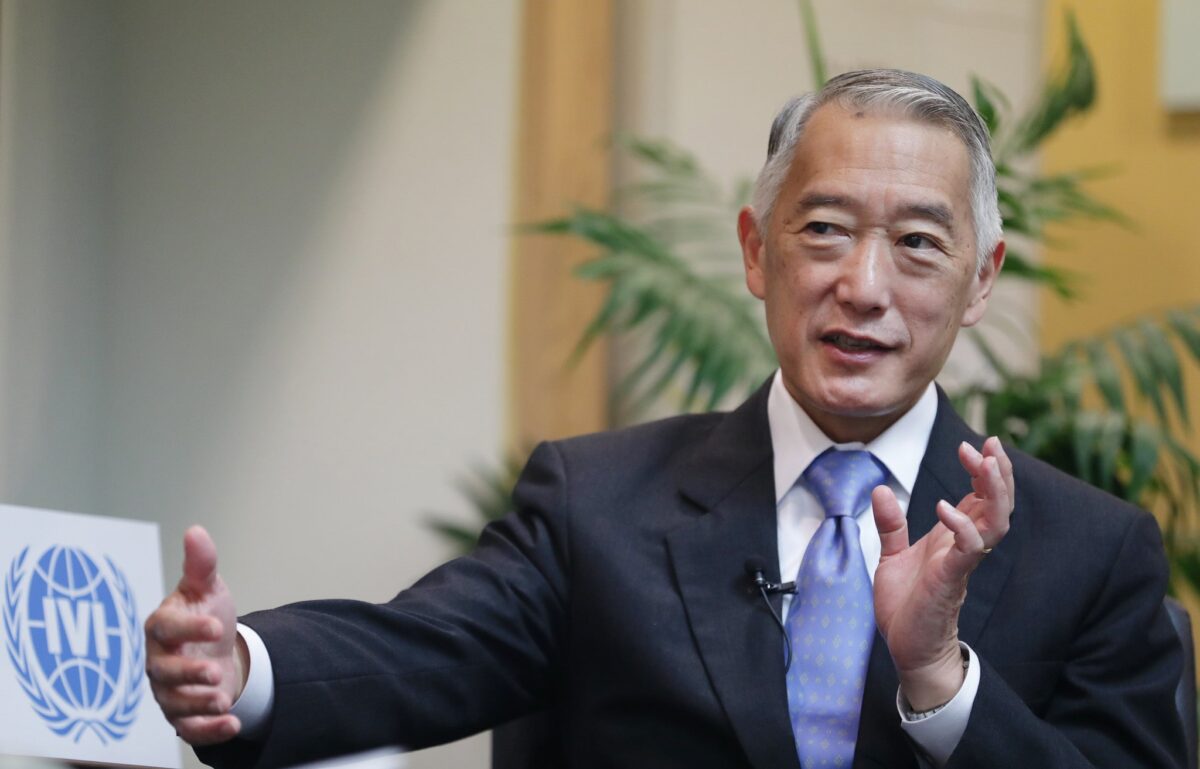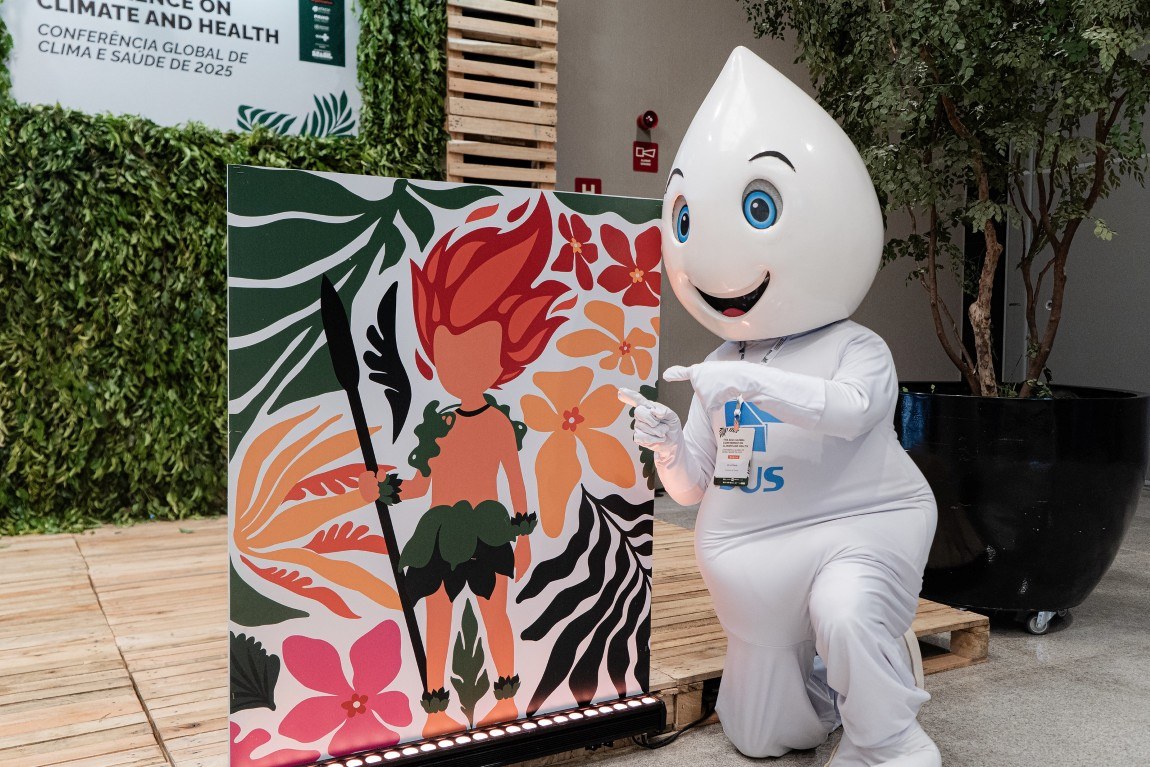 #News
#News
Jerome Kim: Vaccines on the frontline of the climate crisis
Director of International Vaccine Institute warns of urgency for new vaccine solutions to mitigate effects of climate change on health despite cost, acceptance, and funding barriers
 Jerome H. Kim, of the International Vaccine Institute: “The use of approved vaccines has yet to be optimized for the climate change scenario” | Image: Republic of Korea/Flickr
Jerome H. Kim, of the International Vaccine Institute: “The use of approved vaccines has yet to be optimized for the climate change scenario” | Image: Republic of Korea/Flickr
Vaccines can partially mitigate the impacts of climate change on health, but they are not a global solution for such a complex issue. This statement by Jerome H. Kim, director general of the International Vaccine Institute (IVI), a global organization headquartered in South Korea, may sound disheartening.
It is, however, a hopeful appeal for vaccination programs and studies into new vaccines to be protected against pressure from denial movements and geopolitical clashes that pervade scientific research.
“As scientists we need to be able to consider how we talk about science to the public, and how we convince populations that vaccination is something beneficial, even in the setting of climate change,” said Kim at the event Climate and Health: challenges and possibilities of scientific diplomacy, held by Science Arena in August in partnership with the São Paulo Innovation and Science Diplomacy School (InnSciD SP) of the University of São Paulo (USP).
The South Korean warned that there is no unique, universal vaccine capable of containing the effects of the climate crisis on global health. The “harsh reality” is that humanity depends on multiple vaccines to tackle a number of illnesses worsened by extreme climate events that favor the migration of pathogen vectors and the advent of new viruses and bacteria.
Climate change, says Kim, is one of society’s biggest challenges alongside population growth, the scarcity of natural resources (water and clean air), and social conflicts. “In this sense, global health interacts with all these challenges, and a partial solution that does not take this interconnectivity into account will be ineffective.”
Read on for key excerpts from Jerome Kim’s presentation.
1. The relationship between climate change and health
Phenomena such as deforestation, interaction between human and wild populations (zoonoses), scarcity of water, droughts, and floods can cause outbreaks of diseases such as cholera and measles, leading to mass migration.
Warming, precipitation, and storms influence the spread of waterborne, airborne, and foodborne vector-transmitted diseases.
Malaria is spreading from coastal regions of Kenya, in West Africa, and cholera can occur with flooding and droughts, where bacteria concentrate in limited water sources.
2. The reality of current vaccines
Approved vaccines for cholera, typhoid fever, dengue, chikungunya, and malaria exist, but the use of these vaccines has not been optimized for climate change or for the population generally. Currently we tend to respond to outbreaks, but they are just the “tip of the iceberg” of endemic diseases that could be controlled proactively.
3. Demand for new vaccines
There is an urgent need for new vaccines against bacteria such as Shigella—strains of E. Coli that cause diarrhea—invasive non-typhoid salmonella, or even viruses, such as that which causes Congo-Crimea hemorrhagic fever, which is spreading.
Innovation is paramount, including the development of new platforms (e.g., vaccines in patches to reduce hesitation); new vaccine combinations (e.g., a vaccine that covers cholera, typhoid fever, and Shigella); new methods of administration (intranasal, oral), and new adjuvants to render immune responses stronger and longer-lasting, perhaps even in a single dose.
4. Financial challenges
The majority of these vaccines do not turn a profit (estimated at US$1–US$2 per dose), which discourages industry from investing billions in their development, in contrast with high-return vaccines such as mRNA for COVID-19.
5. Denial and the scientific community
Denial of the reality of climate change and the efficacy of vaccination is an underlying issue. Scientists could engage more in the task of clearly communicating information about research and innovation, helping to convince citizens and decision-makers of the benefits of vaccination in the context of climate change.
*
This article may be republished online under the CC-BY-NC-ND Creative Commons license.
The text must not be edited and the author(s) and source (Science Arena) must be credited.


